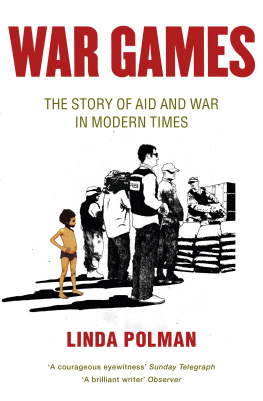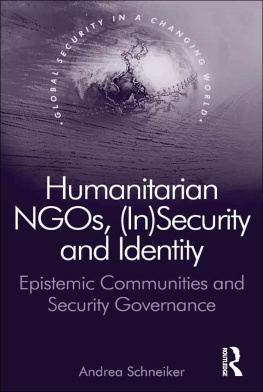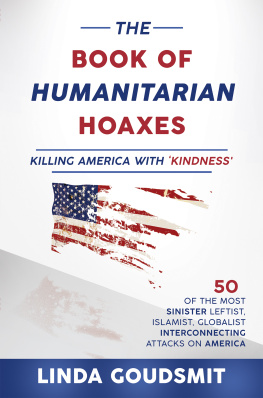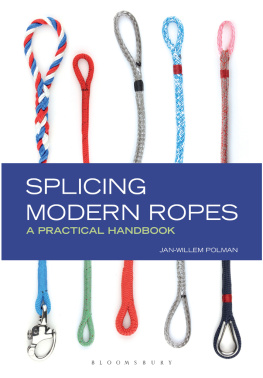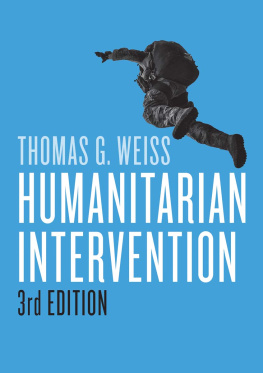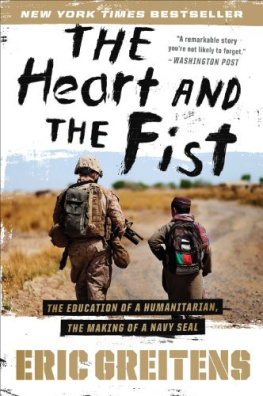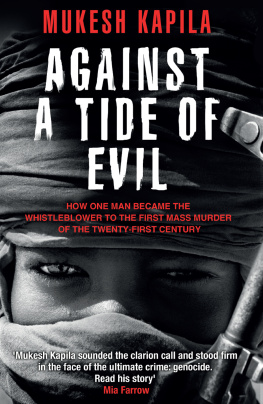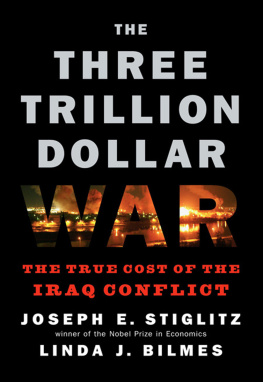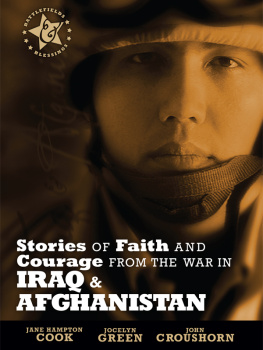War Games
The Story of Aid and War in Modern Times
LINDA POLMAN
Translated by Liz Waters
VIKING
an imprint of
PENGUIN BOOKS
VIKING
Published by the Penguin Group
Penguin Books Ltd, 80 Strand, London WC2R 0RL , England
Penguin Group (USA) Inc., 375 Hudson Street, New York, New York 10014, USA
Penguin Group (Canada), 90 Eglinton Avenue East, Suite 700, Toronto, Ontario, Canada M4P 2Y3
(a division of Pearson Penguin Canada Inc.)
Penguin Ireland, 25 St Stephens Green, Dublin 2, Ireland (a division of Penguin Books Ltd)
Penguin Group (Australia), 250 Camberwell Road, Camberwell, Victoria 3124, Australia
(a division of Pearson Australia Group Pty Ltd)
Penguin Books India Pvt Ltd, 11 Community Centre, Panchsheel Park, New Delhi 110017, India
Penguin Group (NZ), 67 Apollo Drive, Rosedale, North Shore 0632, New Zealand
(a division of Pearson New Zealand Ltd)
Penguin Books (South Africa) (Pty) Ltd, 24 Sturdee Avenue, Rosebank, Johannesburg 2196, South Africa
Penguin Books Ltd, Registered Offices: 80 Strand, London WC2R 0RL , England
www.penguin.com
First published 2010
Copyright Linda Polman, 2010
Translation copyright Liz Waters, 2010
The moral right of the author has been asserted
All rights reserved
Without limiting the rights under copyright reserved above, no part of this publication may be reproduced, stored in or introduced into a retrieval system, or transmitted, in any form or by any means (electronic, mechanical, photocopying, recording or otherwise), without the prior written permission of both the copyright owner and the above publisher of this book
A CIP catalogue record for this book is available from the British Library
ISBN: 978-0-14-196127-9
War Games
Linda Polman is the author of We Did Nothing: Why the Truth Doesnt Always Come Out When the UN Goes In, which was shortlisted for the Lettre Ulysses and the Index on Censorship awards. She studied at the School of Journalism in Utrecht and for the past twenty years has been a freelance journalist for international radio, TV and newspapers; she is a contributor to The Times and the Guardian. After We Did Nothing she lived and worked as a correspondent in Sierra Leone and Liberia for several years. She currently resides in Holland, where she is a guest lecturer for the School of Journalism, for Dutch military academies and for several faculties for International Relationships and International Development Cooperation Studies in Dutch universities.
Liz Waters has translated a wide range of quality non-fiction books from Dutch into English. She lives in Amsterdam.
Preface:
Imagine. You get a phone call
The humane desire to lighten a little the torments of all these poor wretches [] creates a kind of energy which gives one a positive craving to relieve as many as one can.
Henri Dunant, humanitarian aid worker and founder of the International Committee of the Red Cross
Imagine. Youre an international humanitarian aid worker in a war zone and faithful to the principles of the Red Cross, asany good humanitarian should be. In other words, youre impartial, neutral and independent. Its your responsibility to relievehuman suffering, irrespective of the people involved and the situation on the ground.
This time your mission has taken you to a refugee camp in Darfur. You do what you can for the victims, but soldiers exploityour efforts. They demand money for every well you dig and levy sky-high taxes, thought up on the spot, on all the sacks ofrice and tents and medicines you arrange to have flown in. They consume a slice of your aid supplies and sell another slice.Among the items they buy with the proceeds are weapons, which they use to drive yet more people into your refugee camp oreven to their deaths.
What do you do?
A . Despite an extremely difficult situation, you preserve your neutrality and do what you can for the victims.
B . You evaluate the circumstances, conclude that the principles of the Red Cross can no longer be applied here, and leave.
Imagine. You belong to the local regime and you busy yourself finding ways of using relief funds, intended for the refugeecamp, to your own advantage. Then on the shimmering horizon you see a dust cloud moving towards you. Inside is a convoy of whiteLand Cruisers. They stop at the gates to the camp. Windows slide open and politicians from Washington, New York and Londonstick their heads out. They loftily inform you that their financing of the international aid effort in the camp will be dependentin future on your determination and practical steps to put an end to the violence in the region and the theft of aid supplies.Then they wind up their windows and the procession lurches off towards the horizon.
What do you do?
A . You tackle the violence and stop stealing.
B . You let them sound off. Without money from donor governments the refugees will starve to death and theres no way the donorsare going to allow that.
Now youre the humanitarian aid worker again. Youve been listening in on the conversation. Before the parade of representativesof donor governments is even out of sight, the looting of aid supplies resumes and soldiers drive more refugees into the campat gunpoint.
What do you do?
A . Its completely impossible to cling to the principles of the Red Cross any longer. You ring Washington, New York and Londonto tell them they must cut off the flow of money. Then you pack your bags and leave to help war victims elsewhere.
B . Even if you save only one human life, some relief is better than none. So you remain true to your principles and ring yourcontractor to order foodstuffs and medicines to replace the stolen supplies. You ask him to make a speedy delivery, sinceevery day brings yet more refugees for you to feed.
Leave, or continue providing aid at any price? Its a centuries-old dilemma. Two of the worlds first international humanitarianaid workers, Florence Nightingale and Henri Dunant, fundamentally disagreed as to which would be the right choice. Nightingalewas convinced that aid fails in its purpose if the warring parties use it to their own advantage; Dunant firmly believed inthe duty to help no matter what.
Henri Dunant, born into a Calvinistic milieu in Switzerland, was a banker and businessman in Geneva. In 1859 he witnessedthe Battle of Solferino during the war between Austria and the Franco-Sardinian Alliance. Of the 300,000 men and boys on thefront line in Lombardy, 40,000 were killed. Another 40,000 soldiers were wounded. They lay on the battlefield, where mostwere left to die.
In the book that Dunant published three years after this experience, Un Souvenir de Solferino (A Memory of Solferino), he describes the spectacle the morning after the engagement:
Bodies of men and horses covered the battlefield; corpses were strewn over roads, ditches, ravines, thickets and fields; theapproaches to Solferino were literally thick with dead. The poor wounded men were ghostly pale and exhausted. [] Some, whohad gaping wounds already beginning to show infection, were almost crazed with suffering. They begged to be put out of theirmisery, and writhed with faces distorted in the grip of the death struggle. [] In some quarters there was no water, and thethirst was so terrible that officers and men alike fell to drinking from muddy pools whose water was foul and filled withcurdled blood. The mens wounds were covered with flies. The tunic, shirt, flesh and blood formed an indescribable mass, alivewith vermin.
Wounded Austrian soldiers told Dunant that after a long, sweltering march they had been sent straight into battle, withouta chance to rest and without being given anything to eat or drink, save a brandy ration. French soldiers too had marched fordays on end to reach the front. On the morning of the battle theyd had nothing besides a mug of coffee.

